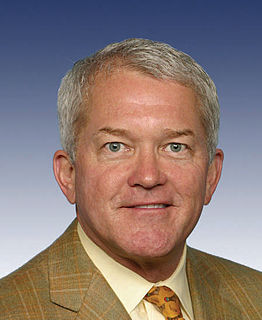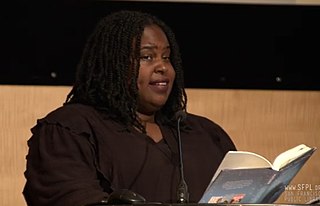A Quote by Michelle Alexander
I was inspired by what students have done in some schools organizing walkouts protesting the lack of funding and that sort of thing. There are opportunities for students to engage in those types of protests - taking to the streets - but there is also writing poetry, writing music, beginning to express themselves, holding forums, educating each other, the whole range.
Related Quotes
In some suburban schools, the curriculum is chock-full of rigorous A.P. courses and the parking lot glitters with pricey SUVs, but one doesn't have to look hard to find students who are starving themselves, cutting themselves, or medicating themselves, as well students who are taking out their frustrations on those who sit lower on the social food chain.
Apparently almost anyone can do a better job of educating children than our so-called 'educators' in the public schools. Children who are home-schooled by their parents also score higher on tests than children educated in the public schools. ... Successful education shows what is possible, whether in charter schools, private schools, military schools or home-schooling. The challenge is to provide more escape hatches from failing public schools, not only to help those students who escape, but also to force these institutions to get their act together before losing more students and jobs.
The thing I always tell my writing students - I'm not a full-time instructor, by any means, but periodically I've taught writing students - what I always tell them is that the most important thing in narrative nonfiction is that you not only have to have all the research; you have to have about 100% more than you need.
People even split up by text message, they dump each other by text. Everything seems so disposable, so throwaway, but you have to engage with that if you're writing about the modern world. You've also got all these pop references that you feel obligated to make. They're just part of the bricolage of the whole thing, whether or not these are actually significant elements themselves.
With my students I give them lots and lots of guided writing. Part of it is as simple as writing a lot but not toward anything. The mind floats. Then I help them see where the language has heat. If we do this a lot in class, students eventually relax into this writing practice and enjoy it. Even just that - writing pleasure without the anxiety of "audience" or "grade" or "success" - is a kind of impetus toward the unfamiliar.
Unlike public universities and private, not-for-profit colleges, for-profit schools are owned by revenue-seeking businesses often more intent on boosting their bottom line than educating their students. They use hard-sell tactics to recruit prospective students, and veterans have become particular targets.






































